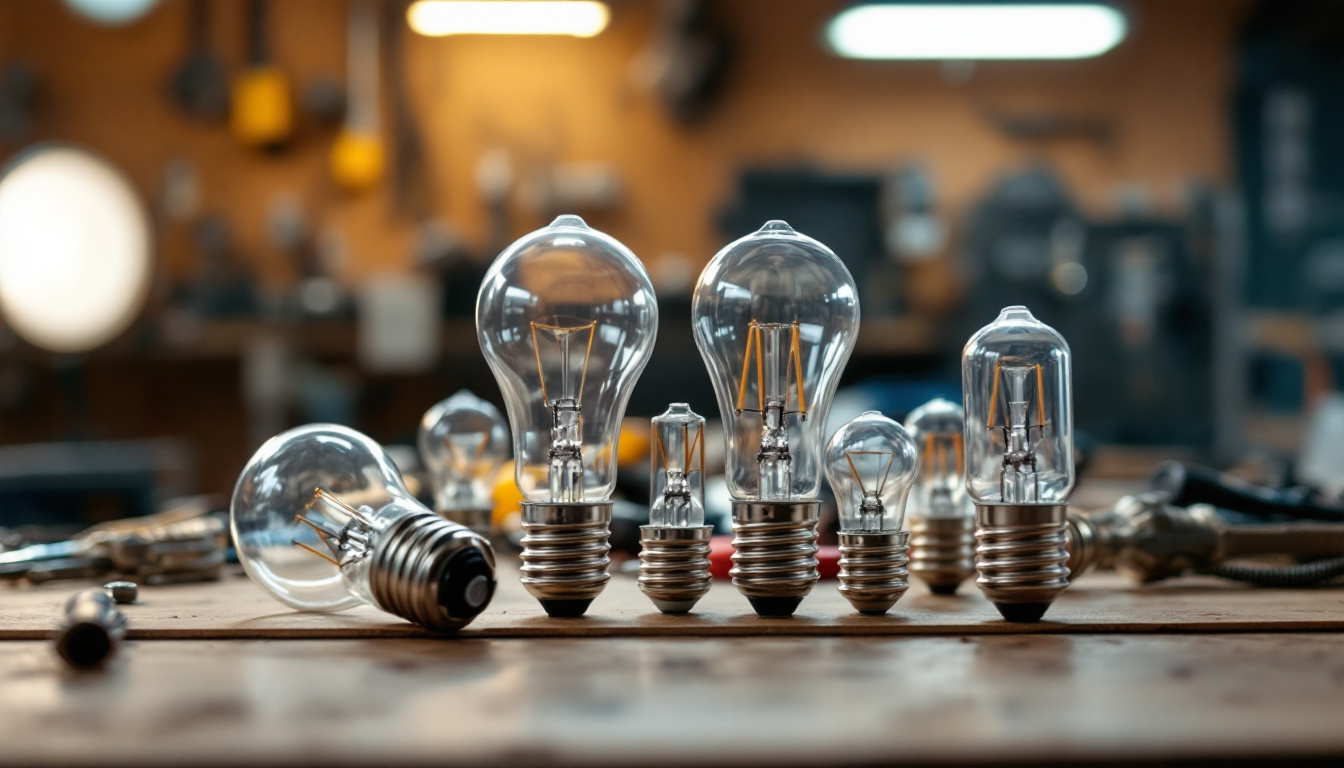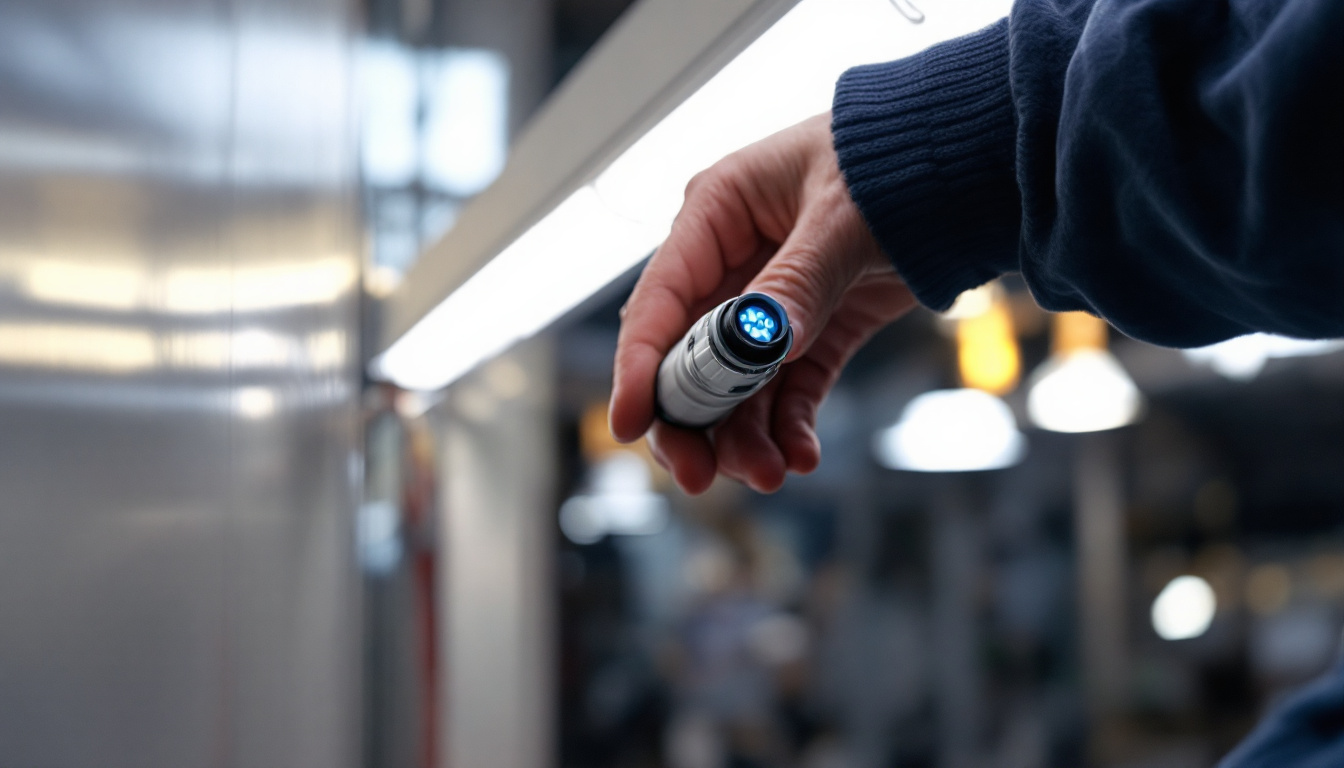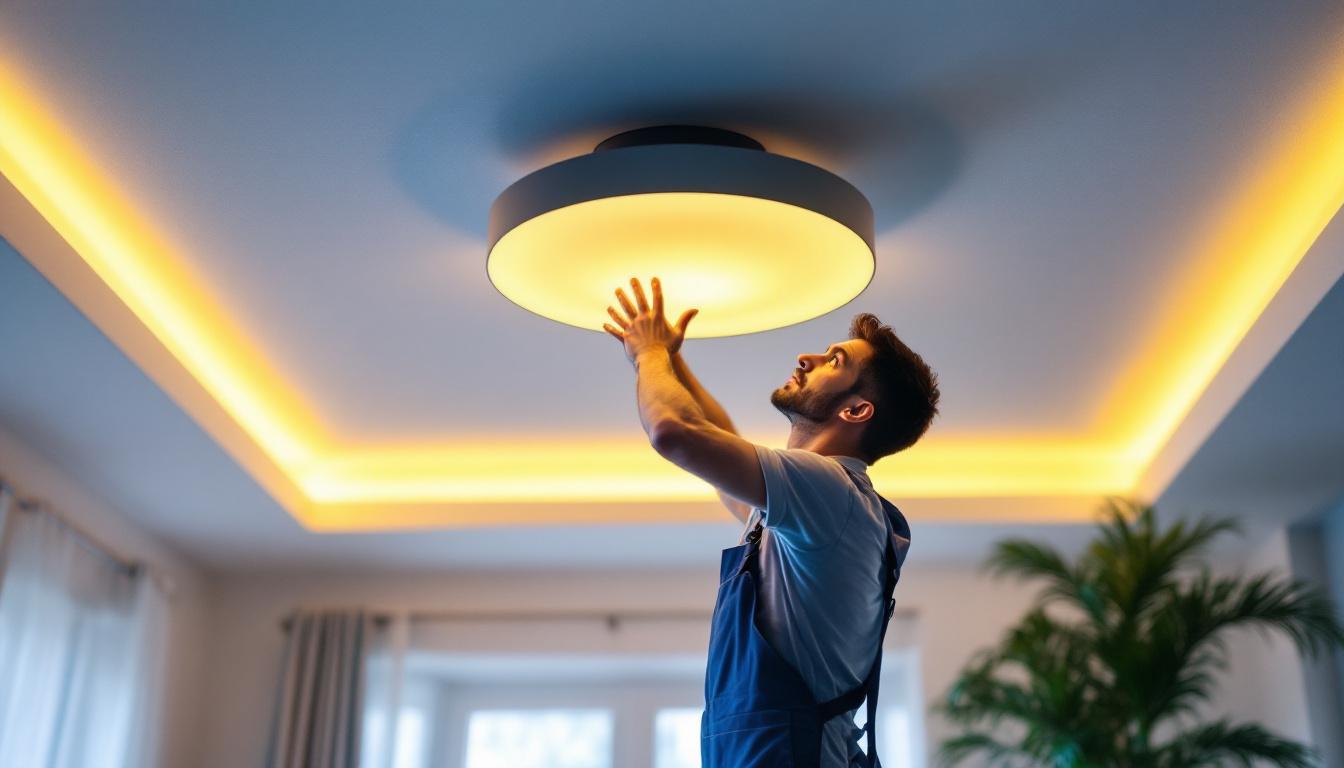
In the realm of lighting design and installation, understanding the nuances of light bulb standard bases is crucial for contractors. The standard base of a light bulb not only influences the compatibility with fixtures but also impacts the overall performance and efficiency of lighting systems. This article delves into best practices for lighting contractors regarding light bulb standard bases, ensuring optimal installation and customer satisfaction.
Light bulb bases are the components that connect the bulb to the fixture, providing both electrical contact and physical stability. They come in various shapes and sizes, each designed for specific types of bulbs and fixtures. Familiarity with these bases is essential for lighting contractors to ensure proper installations and replacements.
Among the various types of light bulb bases, the most common include the Edison screw, bayonet, and pin bases. The Edison screw base, often referred to as the standard base, is widely used in residential and commercial lighting. It features a threaded design that allows for easy installation and removal.
Bayonet bases, characterized by their two pins, require a simple twist to secure the bulb in place. These bases are often found in automotive and specialized lighting applications. Pin bases, on the other hand, are typically used in compact fluorescent lamps (CFLs) and LED bulbs, where the pins fit into corresponding sockets. Each of these base types serves a unique purpose and is engineered to meet specific electrical and thermal requirements, ensuring that the bulb operates efficiently and safely in its designated environment.
Ensuring compatibility between the light bulb base and the fixture is paramount. Using the wrong base can lead to poor performance, increased energy consumption, and even safety hazards. Contractors should always verify the specifications of both the bulb and the fixture before proceeding with installation.
Moreover, educating clients about the importance of using the correct base can enhance their understanding of lighting systems, leading to better maintenance and fewer issues down the line. This proactive approach can also foster trust and establish the contractor as a knowledgeable resource.
Additionally, understanding the nuances of light bulb bases can also open up opportunities for energy efficiency upgrades. For instance, many fixtures designed for traditional incandescent bulbs can be retrofitted to accommodate newer LED technologies, which often come with different base types. By guiding clients through these options, contractors can help them transition to more sustainable lighting solutions, ultimately reducing their energy bills and environmental impact. Furthermore, staying updated on emerging technologies and base designs can position contractors as leaders in the industry, ready to tackle the challenges of modern lighting needs.
proper installation techniques are vital for maximizing the lifespan and efficiency of light bulbs. Lighting contractors should adhere to best practices to ensure that installations are safe and effective.
Before installing a light bulb, conducting thorough pre-installation checks is essential. This includes inspecting the fixture for any signs of damage or wear, ensuring that the electrical connections are secure, and confirming that the socket is clean and free of debris. A clean socket prevents poor electrical contact, which can lead to flickering or premature bulb failure.
Additionally, contractors should verify the wattage and voltage requirements of the fixture. Using a bulb with a higher wattage than recommended can result in overheating, posing a fire risk. Always refer to the fixture’s labeling and specifications to avoid such hazards.
Handling light bulbs with care is crucial to prevent damage. Contractors should avoid touching the glass of halogen or incandescent bulbs with bare hands, as oils from the skin can create hot spots, leading to bulb failure. Instead, use gloves or a clean cloth when handling these bulbs.
For LED bulbs, while they are more durable than traditional bulbs, it is still advisable to handle them with care to avoid any physical damage. Proper handling not only extends the life of the bulb but also ensures optimal performance.
When installing a bulb, it is vital to secure it properly within the fixture. For Edison screw bases, ensure that the bulb is twisted in until it is snug but not overly tight, as this can damage the base or fixture. For bayonet bases, align the pins correctly before twisting the bulb into place.
After installation, contractors should test the fixture to ensure that the bulb is functioning correctly. This step is often overlooked but is essential for confirming that the installation was successful and that the client will not face issues shortly after the service.
In today’s energy-conscious environment, lighting contractors must prioritize energy efficiency in their installations. Choosing the right light bulb base can significantly influence energy consumption and operational costs.
When selecting bulbs, contractors should advocate for energy-efficient options such as LEDs or CFLs. These bulbs not only consume less energy but also have longer lifespans compared to traditional incandescent bulbs. By promoting energy-efficient lighting solutions, contractors can help clients reduce their energy bills and environmental impact.
Additionally, educating clients on the benefits of energy-efficient bulbs can lead to more informed decisions and greater satisfaction with the lighting systems installed. Providing information on the long-term savings associated with these bulbs can also enhance the value of the contractor’s services.
Contractors should be well-versed in the relationship between lumens and watts. While watts measure energy consumption, lumens measure the brightness of the bulb. Clients often associate higher watts with brighter light, but this is not necessarily true with modern lighting technologies.
By explaining this concept to clients, contractors can guide them in selecting the appropriate bulbs that meet their brightness needs without unnecessary energy consumption. This knowledge not only improves customer satisfaction but also positions the contractor as a trusted advisor in lighting solutions.
Incorporating smart lighting solutions into installations can further enhance energy efficiency. Smart bulbs and systems allow for remote control, scheduling, and dimming capabilities, which can significantly reduce energy usage. Contractors should consider recommending these solutions to clients looking to modernize their lighting systems.
Moreover, educating clients about the benefits of smart lighting, such as convenience and energy savings, can lead to increased interest and investment in these technologies. This not only enhances the contractor’s service offerings but also aligns with the growing trend towards smart home solutions.
Safety should always be a top priority for lighting contractors. Adhering to safety standards and regulations is essential for protecting both the contractor and the client.
Contractors must be familiar with local electrical codes and regulations regarding lighting installations. Compliance with these codes ensures that installations are safe and legal. Failure to adhere to these regulations can result in fines, legal issues, and, most importantly, safety hazards for clients.
Staying updated on changes to electrical codes is crucial. Regular training and education can help contractors remain compliant and knowledgeable about best practices in the industry.
Establishing safety protocols for installations is essential. This includes using personal protective equipment (PPE), ensuring proper ladder safety, and following lockout/tagout procedures when working with electrical systems. Contractors should also conduct risk assessments before starting any project to identify potential hazards and mitigate them effectively.
By prioritizing safety, contractors not only protect themselves but also instill confidence in their clients. A reputation for safety can be a significant differentiator in a competitive market.
Contractors should take the initiative to educate clients about safety practices related to lighting systems. This includes advising them on how to change bulbs safely, the importance of using the correct wattage, and recognizing signs of electrical issues.
Providing clients with this knowledge empowers them to maintain their lighting systems effectively and safely. It also enhances the contractor’s reputation as a responsible and knowledgeable professional.
The lighting industry is continually evolving, with new technologies and trends emerging regularly. Staying informed about these developments is essential for contractors looking to remain competitive and provide the best solutions for their clients.
LED technology continues to advance, offering improved efficiency, color rendering, and lifespan. Contractors should stay updated on the latest LED products and innovations to provide clients with the most effective lighting solutions.
Understanding the benefits of new LED technologies, such as tunable white light and enhanced dimming capabilities, can help contractors recommend the best options for specific applications. This knowledge can lead to more satisfied clients and successful projects.
As sustainability becomes a priority for many consumers, contractors should consider eco-friendly lighting solutions. This includes recommending products made from sustainable materials and promoting energy-efficient practices.
By aligning with the growing demand for sustainable solutions, contractors can appeal to environmentally conscious clients and differentiate themselves in the market. This commitment to sustainability can enhance the contractor’s brand and reputation.
The integration of smart home technologies into lighting systems is a trend that is gaining traction. Contractors should familiarize themselves with smart lighting products and systems to offer clients modern, convenient solutions.
This includes understanding how to install and configure smart lighting systems, as well as educating clients on their benefits. By embracing this trend, contractors can position themselves as forward-thinking professionals in the lighting industry.
Understanding light bulb standard bases and adhering to best practices is essential for lighting contractors. From ensuring compatibility and proper installation to prioritizing energy efficiency and safety, contractors play a vital role in delivering effective lighting solutions. By staying informed about industry trends and advancements, contractors can continue to provide exceptional service and meet the evolving needs of their clients.
Ultimately, the success of a lighting contractor hinges on their ability to combine technical knowledge with a commitment to customer satisfaction. By following the best practices outlined in this article, contractors can enhance their expertise and reputation in the lighting industry.
Ready to elevate your lighting installations with the best products on the market? Look no further than LumenWholesale. Our extensive selection of spec-grade lighting products ensures that you have access to the highest quality options for every project. With unbeatable wholesale prices and the convenience of free shipping on bulk orders, you can trust that you’re getting the best value without any hidden fees. Don’t compromise on quality or cost—choose LumenWholesale for reliable, high-performance lighting solutions that meet the most rigorous industry standards. Wholesale Lighting at the Best Value is just a click away.

Discover why sourcing architectural linear lights in bulk from local distributors might not be the best choice.

Discover who created the LED light bulb and gain expert tips for lighting contractors. Learn key innovations, industry insights, and boost your projects today!.

Discover how the Wago 221-413 connector can revolutionize your lighting projects by reducing costs and improving efficiency.

Discover how ceiling mount lighting is revolutionizing the lighting industry and becoming a cornerstone of success for contractors.